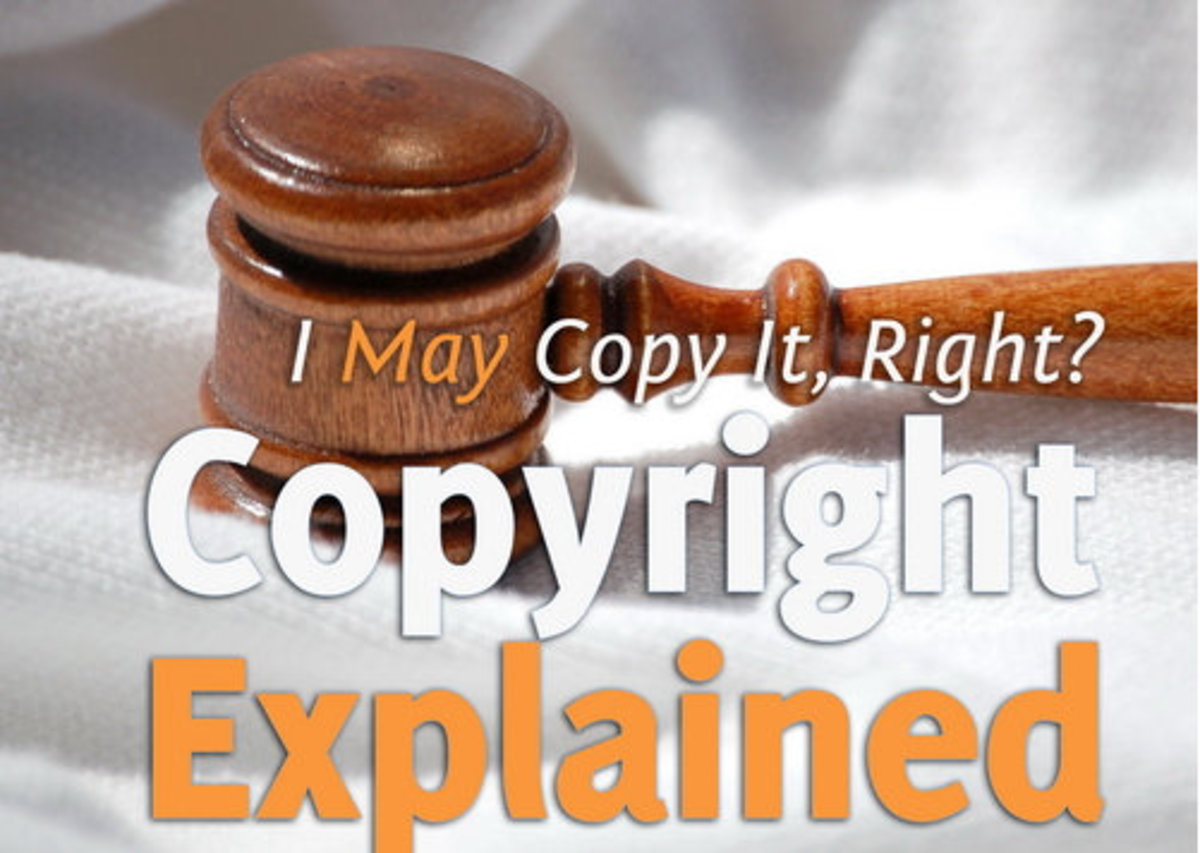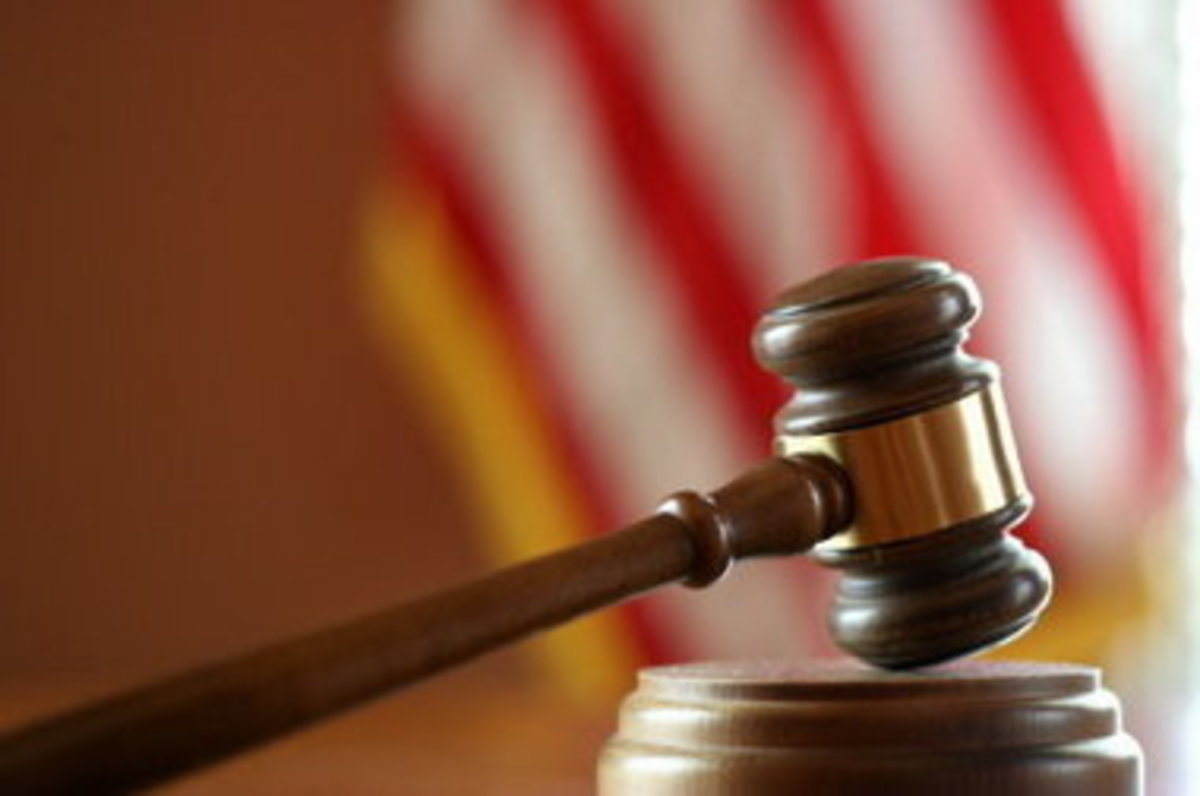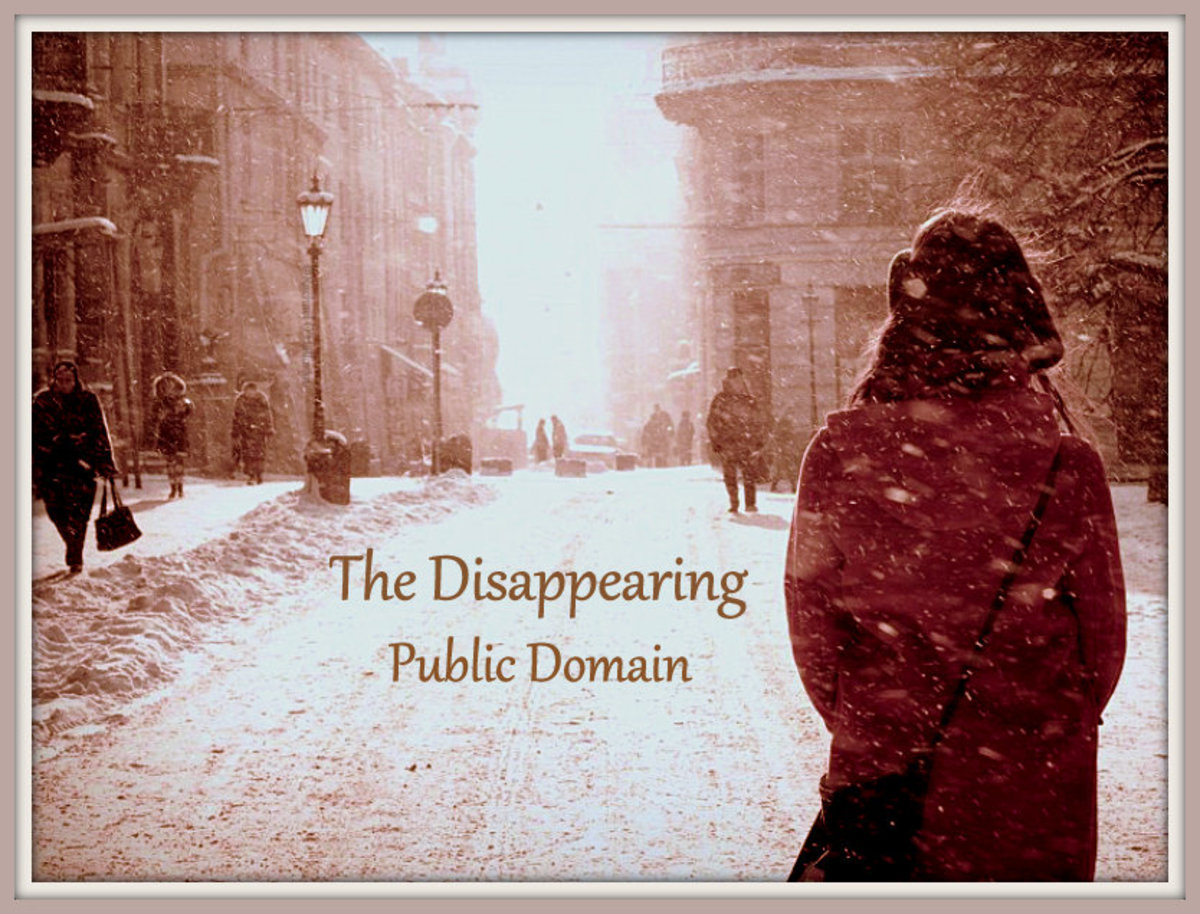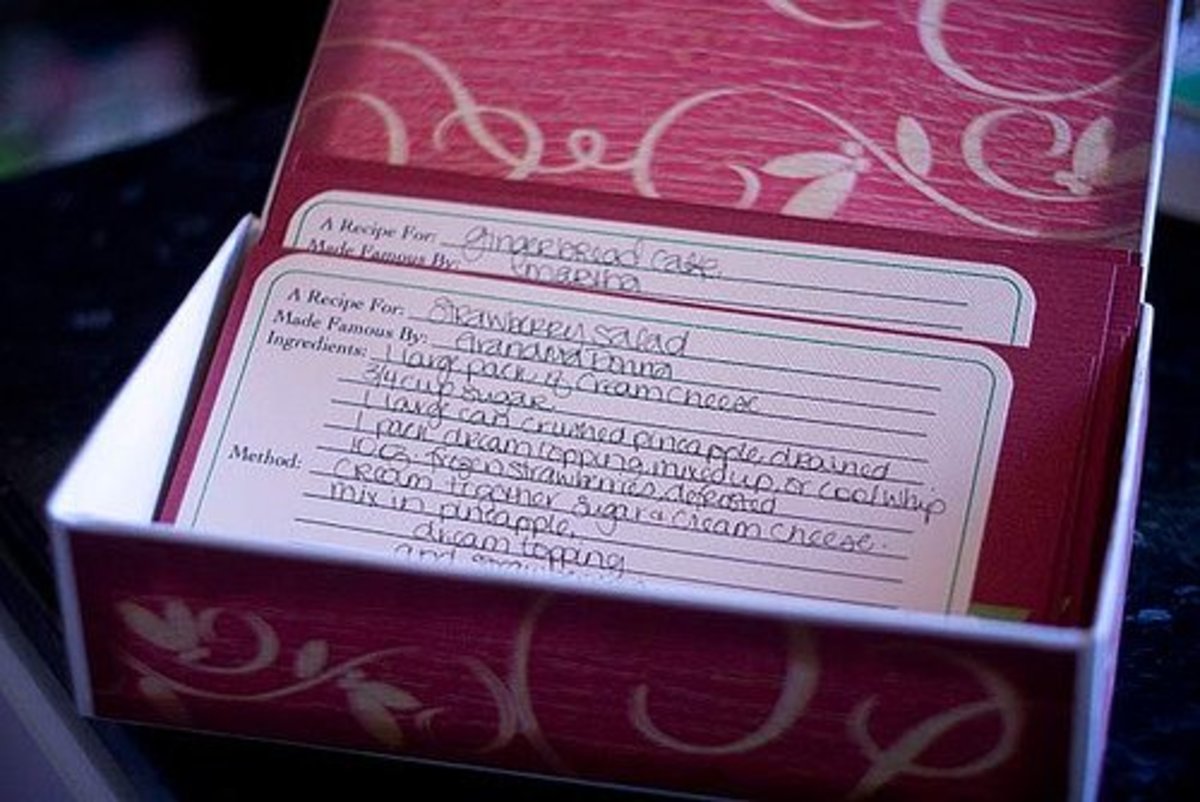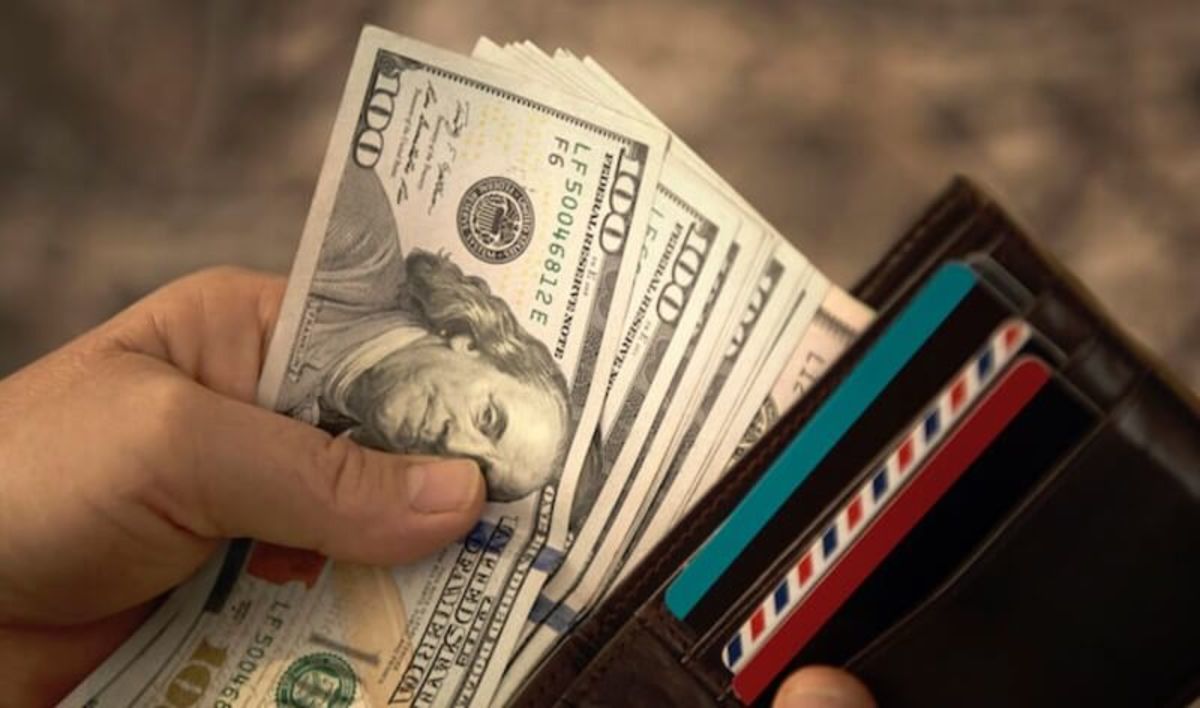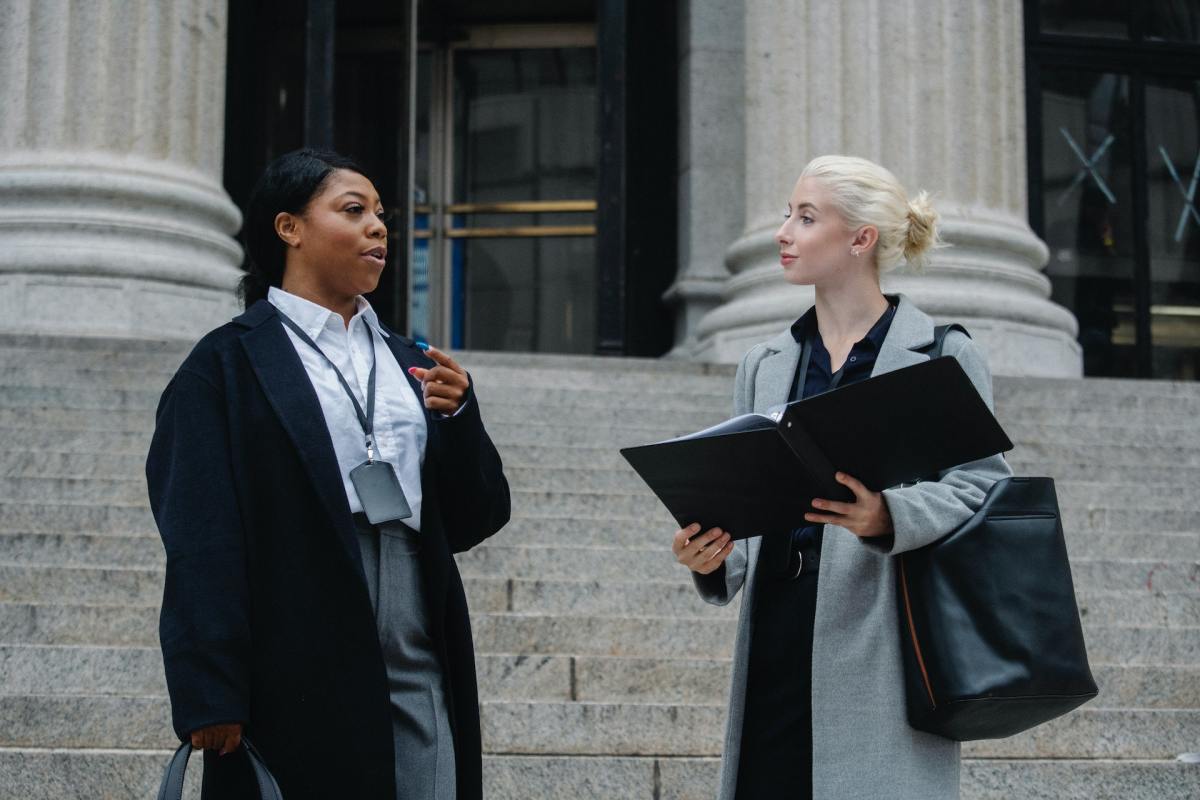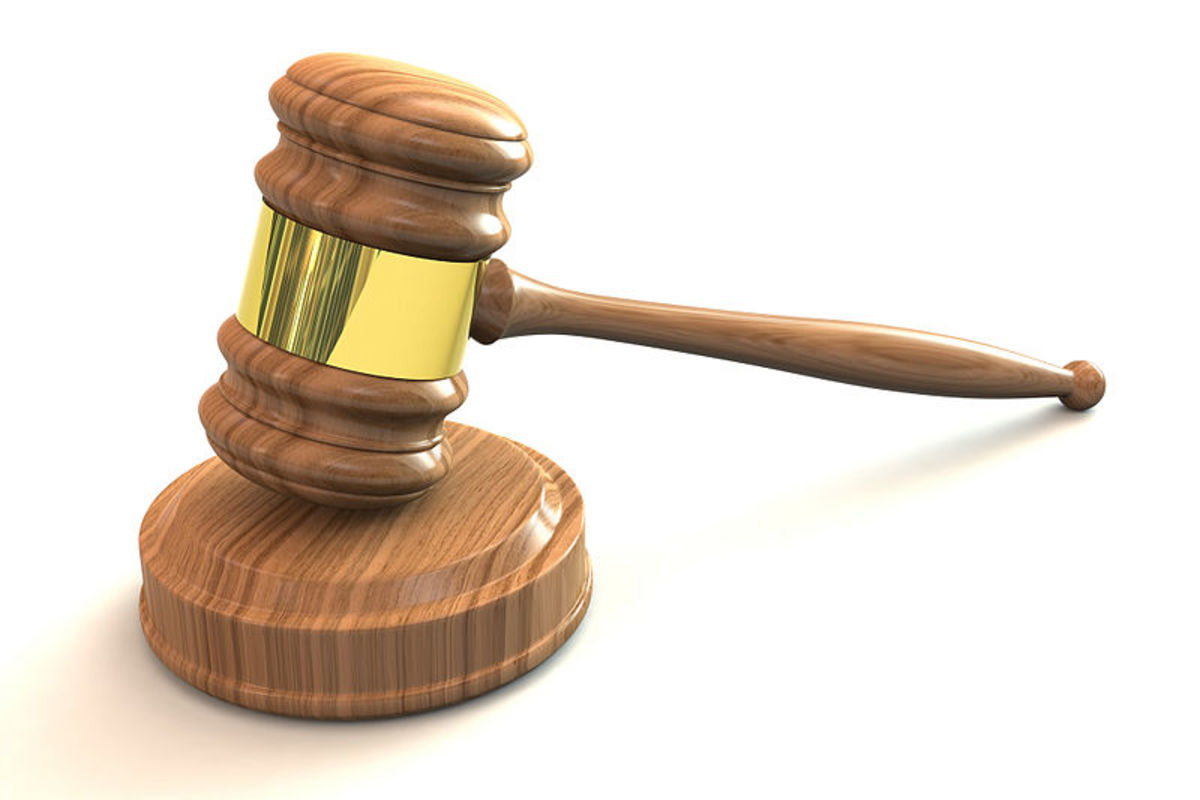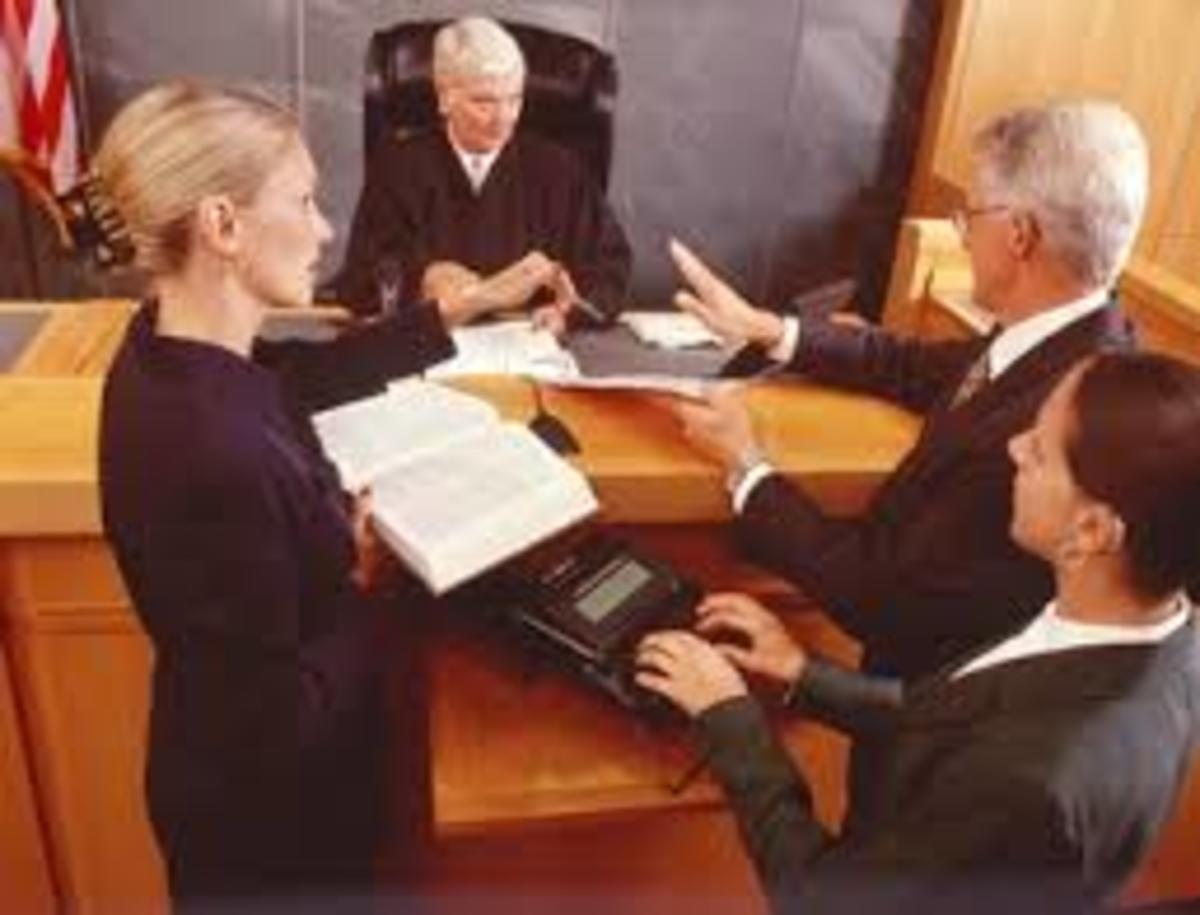Music Copyright Laws: The Industry's Fine Line
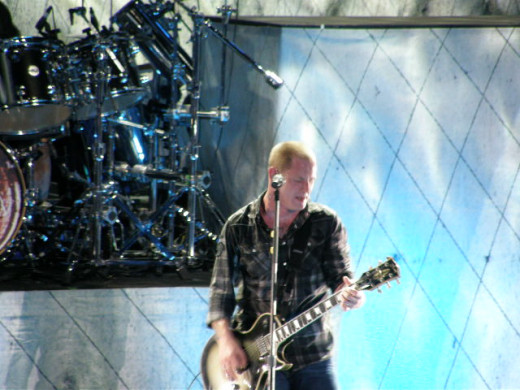
Most of us understand that it is necessary to credit a source when quoting or expressing ideas that belong to others. We do this to avoid plagiarism. But it is important for another reason – to avoid copyright infringement. When songs are protected by copyright, we risk copyright infringement just as we would with books or other published works. To know when it is safe to quote lyrics or publicly cover a song, you must understand the same tenants of copyright law that apply to books - there is very little difference.
Some writers mistakenly believe copyright is a right guaranteed by virtue of an application or registration process where a fee is paid. To the contrary, a creative work has implied copyright protection the moment it is written down or published. This especially applies to songs because 1) songs are words; and 2) lyrics are frequently tossed about freely in the creative process. The moment a song is composed and expressed in a fixed medium, whether handwritten or electronic, it is protected.
It is true that some creators take additional steps to register their work. The registration process does not give them more rights, though it does give them more protection when their work is plagiarized or illegally used. According to the Copyright office, "copyright exists from the moment the work is created. You will have to register, however, if you wish to bring a lawsuit for infringement of a U.S. work." (See Circular 1, Copyright Basics, section.")
The registration process does not give music writers more rights, though it does give them more protection when their work is plagiarized or illegally used. According to the Copyright office, "copyright exists from the moment a work is created. Registration is required however, if you wish to bring a lawsuit for infringement of a U.S. work.
Limelight
- https://www.songclearance.com/
An "online clearance utility allowing artists and labels to clear cover songs and third-party compositions for Physical Product, Interactive Streaming, Digital Downloads, and Ringtones."
The Copyright office also notes that "registration is recommended for a number of reasons. Many choose to register their works because they wish to have the facts of their copyright on the public record and have a certificate of registration. Registered works may be eligible for statutory damages and attorney's fees in successful litigation. Finally, if registration occurs within 5 years of publication, it is considered prima facie evidence in a court of law." (See Circular 1, Copyright Basics, section on Copyright Registration and Circular 38b, Highlights of Copyright Amendments Contained in the Uruguay Round Agreements Act (URAA), on non-U.S. works.)
Despite the fact that registration may make copyright infringement easier to prove, all that is really necessary for an author to have complete copyright protection is to be published or to express their intent for copyright protection. NOTE: A copyright notice should appear, but these have become optional since 1989 when the U.S. joined the Berne Convention. However, what good is an unenforceable right. The Copyright office seems to indicate that registration is required if you intend to prosecute violators.
When is it Legal to Quote or Perform Songs?
Whether you intend to copy, post, arrange/rearrange, reproduce, distribute, publicly perform a song or a portion thereof, consider it illegal unless you obtain permission from the author/creator. If you intent to quote a song, be sure to credit the source.
Without express permission or crediting the owner/author, you are wise to make sure your use of a song or song lyric falls into one of only three categories which protect you:
Fair Use,
Public Domain,
Non-Copyrighted Works.
Fair Use - This allows the reprint of material without permission but only for the limited purpose of teaching, reviewing, and literary criticism. Fair Use is what allows educators to use books or songs in the classroom without violating copyright laws. In recent years, some exceptions have been applied to religious organizations or affiliates.
Public Domain - This means the song is not covered by copyright law because the copyright has expired. Works written or published prior to 1922 are now public domain as long as there are no copyright extensions.
Non-Copyrighted Works - This is self explanatory. Works not protected by copyright law, for example, would be the duplication of rote facts or ideas which have not been put into the form of a song to begin with. However, a compilation of songs put into the form of a book would be protected by copyright law.
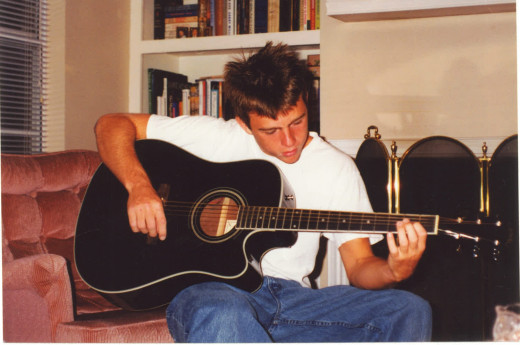
Not So Happy Birthday
The melody for this popular song was written by Mildred and Patty Hill, sisters from Kentucky. It was then called Good Morning to All and first published in 1893. However, it is not clear who wrote the lyrics. The words actually showed up before the Hills could definitively establish copyright. Nonetheless, Jessica Hill published and copyrighted the song Happy Birthday in 1935. The copyright has been extended numerous times since it expired in 1991 is is due to expire again in 2030.
Filmmaker Jennifer Nelson wanted to make a movie about the history of the Happy Birthday song. She first paid $1500 to Warner for the rights to do so, and then filed a lawsuit claiming the rights actually expired decades ago. She claimed the rights never belonged to the Hill sisters to begin with. The courts have yet to decide on the matter.
For now, hum all you want. The melody is public domain and safe to hum without permission. The lyrics, however .... will cost you!
How Long do Copyrights Last?
Since copyrights expire, those seeking to "use" songs must know when and if the song is still subject to copyright. Generally, if a work is created after January 1, 1978, whether published or not published, the copyright lasts for the life of the longest living creator plus 70 years. If a work is done for hire, anonymous, or pseudonymous, the copyright lasts for 95 years from the date of publication or 125 years from creation, whichever is shortest. This is why songs written or published before 1922 are now public domain. Works published in 1923, however, are not public domain until 2019. Works copyrighted before 1978 which were not published are protected for the life of the longest living creator plus 70 years. If a work was published between 1923 and 1977, copyright protection depends on any effort to renew a copyright.
It is easy to see how convoluted copyright protections can get. Circular 15A published by the U.S. Copyright office is your best source for obtaining accurate answers about what's protected and what's not in the U.S., but it reads like a tax circular. Notwithstanding the U.S. Copyright Office's attempt to clarify things, songs are complicated by the fact that, like smiles : ), they transcend barriers of language and culture. Songs are written in many languages and frequently become popular in countries other than the country where originally written or published. A General Agreement on Tariffs and Trade was written in an attempt to un-complicate this fact in 1994, but copyright protections still vary greatly between countries. Any international usage should be closely guarded.
"Distribution" is Ilegal Without Permission
If you share a song or music recording, that constitutes "distribution." By definition, distribution means downloads, website streaming, or the production of CDs. If you "distribute" something someone else wrote, you are REQUIRED to obtain permission and/or pay royalities. It doesn't matter whether your "distribution" is for commercial use (monetary gain) or promotional use (giving it away).
If you do intend on recording and producing another writer's/publisher's/artist's song, remember that there are two types of copyrights in the music industry. One, a musical work copyright belongs to the owner of the master recording. Normally, this means the record label. Two, a sound recording copyright belongs to the owner of the composition. Normally, this means the songwriter (unless for some reason the songwriter gave away his publishing rights).
Is Singing a Copyrighted Song Different From Quoting a Song?
You can quote a song as long as you cite your source or the author. But singing a song presents a stronger potential for copyright violation. You can sing a song all day long ... in the shower. But the moment you step out of your bathtub into the realm of performing or recording, you are violating copyright. You are definitely violating copyright if you "record" or "sell" a song without express permission from the creator. You may be violating copyright if you merely perform in public. Remember, performance rights are a writer/publisher's most important source of continuing income (royalties). Although enforcement practices for copyright violation vary from one creator/publisher to another, you are wise to treat them the same.
--Where-- you perform can make a difference. Nearly all music venues (small and large) pay ASCAP (American Society of Composers, Authors and Publishers), SESAC (Society of European Stage Authors and Composers), and/or BMI (Broadcast Music, Inc.) fees called PRO (performance rights organization) fees. The fees are for the performance of cover songs. For example, the ASCAP, which has a contractual duty to represent its members, collects the fee and then pays the writer/publisher so the performer doesn't have to.
If the venue you're playing in is small, you may be asked to sign a contract which essentially warrants you will not perform for reproduction, any work protected by copyright unless permission has been obtained from the copyright holder. However, this is now unecessary since the ASCAP recently began to cover small venues. Seek legal advice, but it is usually in your better interest to ensure the venue has paid performance rights fees rather than you sign any agreement. If you sign anything, make sure you're signing something indicating they are responsible and not you.
What if you are playing solo in an off-beat venue without the intent of profit? In other words, you have no intention of reproducing or distributing the performance, and you're not getting paid? Copyright law states that you cannot perform the music or lyrics in public, but there seems to be a debate over whether it is a copyright violation if not-for-profit. This debate stems from how aggressive the ASCAP and other organizations are regarding violations. Musicians themselves seldom attempt to police public venues but organizations they hire, such as the ASCAP, frequently bar hop looking for violators. Penalties can be hefty and are usually paid by the venue, not the musician, but if you have placed yourself in the position of regularly performing publicly, it is best to seek legal advice.
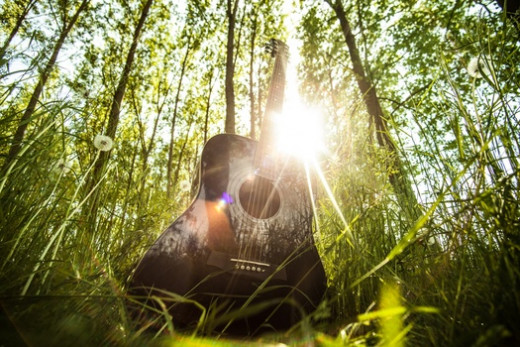
Copyright laws are designed to protect musicians, authors and composers. They deter persons from taking a piece of work and using it or selling it without giving proper credit and payment to the work's creator. Consider how you would want your work treated when deciding how to treat the work of others.
- Links for Music Copyright Law in the USA
When is it legal to quote sheet music?

